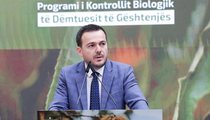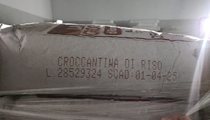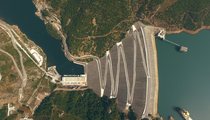Minimum wages in Europe - Which countries have seen the biggest increases in the last decade?
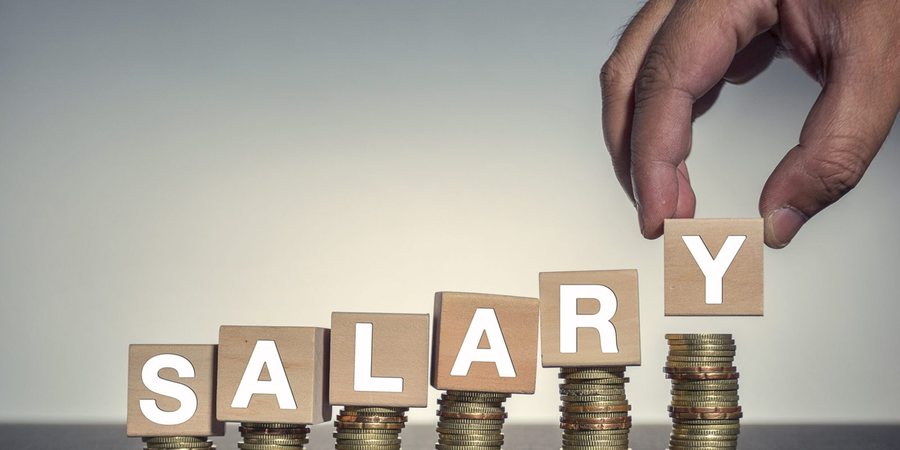
An adequate minimum wage is essential for ensuring a decent standard of living for workers. But how have minimum wages changed in Europe from 2015 to 2025? And, over the past decade, have wage inequalities widened or narrowed?
As of January 2025, gross monthly minimum wages in the EU ranged from €551 in Bulgaria to €2,638 in Luxembourg, according to Eurostat. When EU candidate countries with available data are included, the lowest minimum wage is in Ukraine at €182, followed by €285 in Moldova.
In January 2015, this total ranged from €184 in Bulgaria to €1,923 in Luxembourg. Among the candidate countries, the lowest figure was €53 in Moldova.
In nominal euro terms, excluding fluctuations in the local currency, Romania recorded the highest increase in gross minimum wages among EU countries. Its total increased by 273%, from €218 in January 2015 to €814 in 2025. When candidate countries are included, Moldova recorded the most significant increase, with a value of 438%.
In Bulgaria, where wages have historically been among the lowest in the EU, the minimum wage was expanded from 184 euros to 551 euros, marking a change of 199% between 2015 and 2025.
France had the smallest change, with minimum wages rising by just 24%, from €1,458 to €1,802 over the same period. In Germany, the minimum wage increased by €717, which translates into a 50% increase. In the Netherlands, it changed from €1,502 to €2,193, reflecting a 46% expansion.
Eastern and Southeastern Europe experienced the fastest wage expansion, helping to narrow the gap with Western Europe.
The Baltic states also recorded strong growth, while Western Europe saw smaller changes, reflecting more stable economies and already high wage levels.
If we look at the average annual growth, Romania ranked first among EU countries with 14.1%, while among EU candidate countries, Moldova reflected the largest change with 18.4%.
France had the lowest growth at just 2.1%. Rates also remained below 5% in Ireland, Germany, the Netherlands, Belgium and Greece.
As of January 2025, minimum wages adjusted for purchasing power standards ranged from 878 euros in Estonia to 1,992 euros in Germany across EU countries. Albania recorded the lowest figure among the candidate countries with available data, at 564 euros.

How much money did we lose from the devaluation of the euro? - VAT on imports decreased compared to the plan
The exchange rate throughout 2024, where the European currency euro has been continuously depreciating against the lek, has led to a loss of revenue in the......
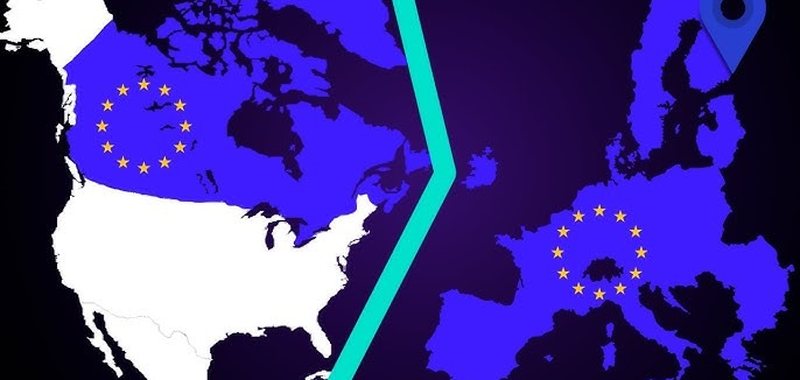
'A new state in the EU' - Can Canada apply to join the European Union?
Currently one of the hottest topics on social media is Canada joining the European Union, following recent hostility from US President Donald Trump, which......

The Franc, Dollar and Pound Strengthen Again - How Much is the European Currency Exchanged Today?
The US dollar seems to have gained points again this morning as compared to yesterday it was bought today at 91 lek and sold at 92 lek, referring to the......
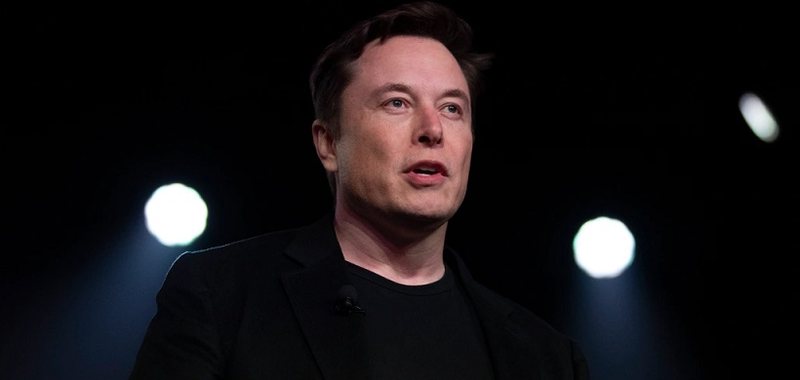
Russia to begin talks with Musk on space sector - Kremlin aims to expand cooperation opportunities with US
Russia sees great prospects for cooperation with the United States, including in the space sector, and expects to soon hold talks with Elon Musk about......
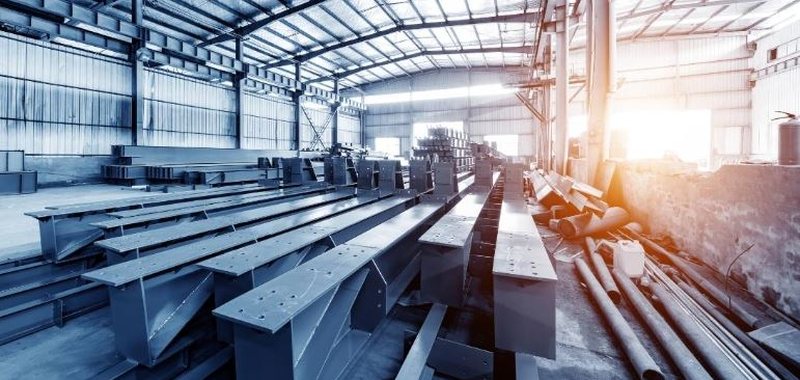
EU increases controls on metal imports - Takes measures to protect industry from consequences of Trump tariffs
The European Union plans to tighten controls on steel and aluminum imports, amid fears that diverted global supplies will be dumped into its markets. It also......
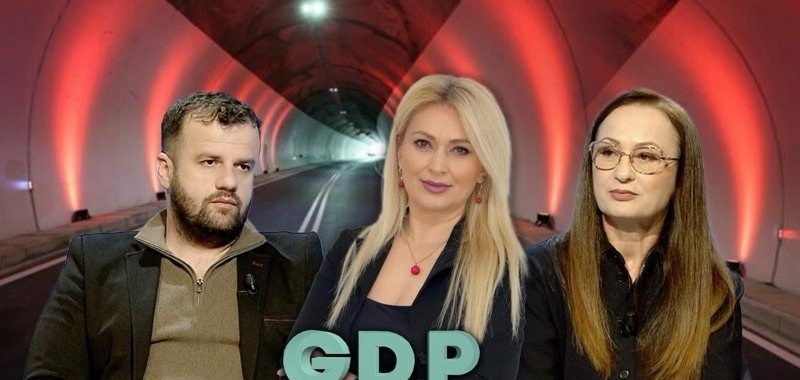
Infrastructure, elite tourism and local development - Farrici: Encouragement of entrepreneurship! Mema: New roads, impact on transport
Investments in infrastructure will not only impact the lives of citizens and tourists, but also encourage entrepreneurial initiatives by increasing......

Small microcoders build big projects - School students in the north: We are programming change for the country
Projects for security, clean energy production for school facilities and the development of agrotourism in the mountainous areas of the country. These are......
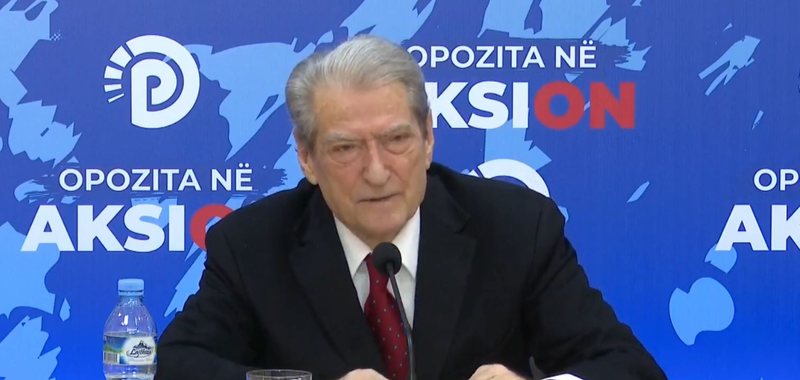
"We will return the money to the Albanians" - Berisha: Our motto is "sticking" more and more
During a press conference, the leader of the Democratic Party, Sali Berisha, once again focused on the economic program of this political force. According to......






